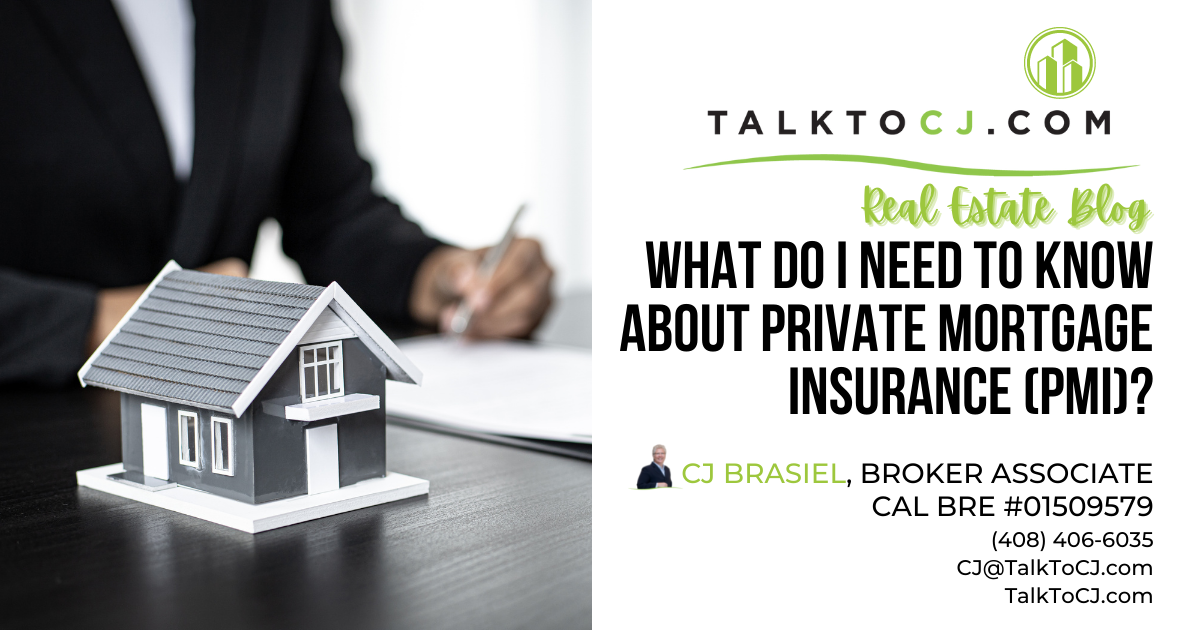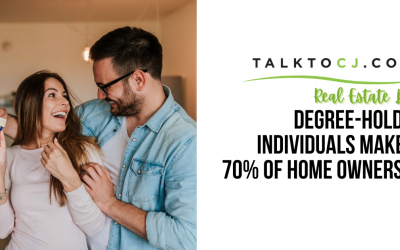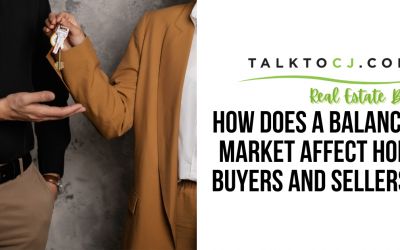In today’s real estate market, lenders won’t give home loans to potential borrowers unless they can demonstrate the ability to repay their loans. Borrowers in the Sacramento area who have a down payment of 20 percent or less will likely have to pay Private Mortgage Insurance (PMI) on their loan.
A PMI is typically required on home loans that are 80 percent or greater. However, there are some exceptions to this rule. As home prices rise in the San Francisco Bay Area, it’s important to learn all you can about private mortgage insurance and how it may affect your home-buying plans.
What is Private Mortgage Insurance (PMI)?
Private Mortgage Insurance (or PMI) is insurance that protects the lender from defaulting on their investment in your home. When you take out an FHA-insured loan, you are required to pay for this insurance for the entire life of your loan.
The monthly fees on a PMI typically range between 0.58% and 1.86% of the original loan amount that rolls into your mortgage payment.
But once you have built equity of 20% in your property, you can cancel your PMI to eliminate this additional expense from your monthly mortgage payment.
Take note that PMI only applies to conventional loans, which are mortgage loans not insured or guaranteed by any government agency (e.g., FHA, Department of Veterans Affairs, and Department of Agriculture loan programs). Meanwhile, government-backed mortgage loans have their own version of mortgage insurance.
If you’re considering a conventional loan and planning to put in less than a 20% downpayment, make sure that you ask your lender about their terms for canceling PMI.
How is PMI Different from Other Mortgage Insurances?
Because PMI only applies to conventional loans, it has a different set of rules than mortgage insurance that applies to government-backed mortgage loans. For instance, most FHA home loans require an upfront premium mortgage insurance and an annual premium regardless of the amount of money you put down.
- The upfront premium is 1.75% of the total loan amount.
- The annual mortgage insurance premium or MIP ranges between 0.45% and 1.05% of the loan’s average outstanding balance for that year.
If you put down less than 10%, you pay MIP in monthly installments for the life of the FHA loan. But if your down payment is more than 10%, you only need to pay for it for 11 years.
Can I Avoid Having Private Mortgage Insurance (PMI)?
If you want to avoid paying for PMI, the solution is a straightforward one – put down 20% or more when buying a home. When you do this, lenders see your loan as “less risky,” so they won’t need this insurance that protects them if you end up in foreclosure.
In case you don’t have enough funds to put down 20%, there are ways that could help you raise money. For instance, you may have an existing home that you want to sell. By buying and selling simultaneously, you can take the equity you earn from the sale of your original primary residence to your new home.
Can I Remove Private Mortgage Insurance (PMI) on a Loan I Got Years Ago with FHA?
If you have a mortgage backed by the Federal Housing Administration (FHA), your mortgage insurance premium (MIP) will not automatically fall off. Your MIP is typically part of an 11-year payment plan. It lasts the whole length of the loan — or 11 years– if you made a 10% or bigger down payment.
If you’re looking to get rid of mortgage insurance, you have two ways available to get rid of MIP: pay it off with your own money, or refinance into an FHA-streamlined loan.
“After you have sufficient equity built up on your property, refinancing from an FHA or conventional loan to a new conventional loan would eliminate your MIP or PMI payments,” says CJ Brasiel, real estate specialist and host of the YouTube channel Talk to CJ.
“This is possible as long as your LTV is at 80% or less.”
Brasiel notes that it is possible to refinance into a different program, one where MIP or PMI is not required even with an LTV over 80%.
Let Me Help You Make Sense of Private Mortgage Insurance
As a real estate specialist and a qualified realtor with years of experience helping home buyers and sellers, I understand that the financial aspect is one of the things that confuse people. For this reason, I make sure that you know all the costs related to home buying.
The true cost of homeownership is not just about the monthly principal and interest on your mortgage. You also need to factor in PMI (or MIP for FHA loans) if you don’t meet the 20% down payment requirement, homeowners association or HOA fees, closing fees, title fees, taxes, appraiser fees, and home inspection cost.
It’s not uncommon for homebuyers to think that monthly principal and interest on their mortgage are the “true” cost of homeownership. Unfortunately, this erroneous belief could result in financial surprises that could derail their monthly budget. As a result, it has become my advocacy to empower my clients with the right information to help them make the best decisions for themselves.
Before you continue, check out below resources:
If you want to learn more about PMI and other “less talked about” costs related to homeownership, call me at (408) 539-6802. You can also SCHEDULE A FREE CONSULTATION if you’re looking for your dream home in the Bay Area that includes Rose Garden, San Jose, Los Gatos, Campbell Willow Glen, San Jose, Morgan Hill, Gilroy, and Saratoga.
Again, please call me at (408) 406-6035. Talk to you soon!




